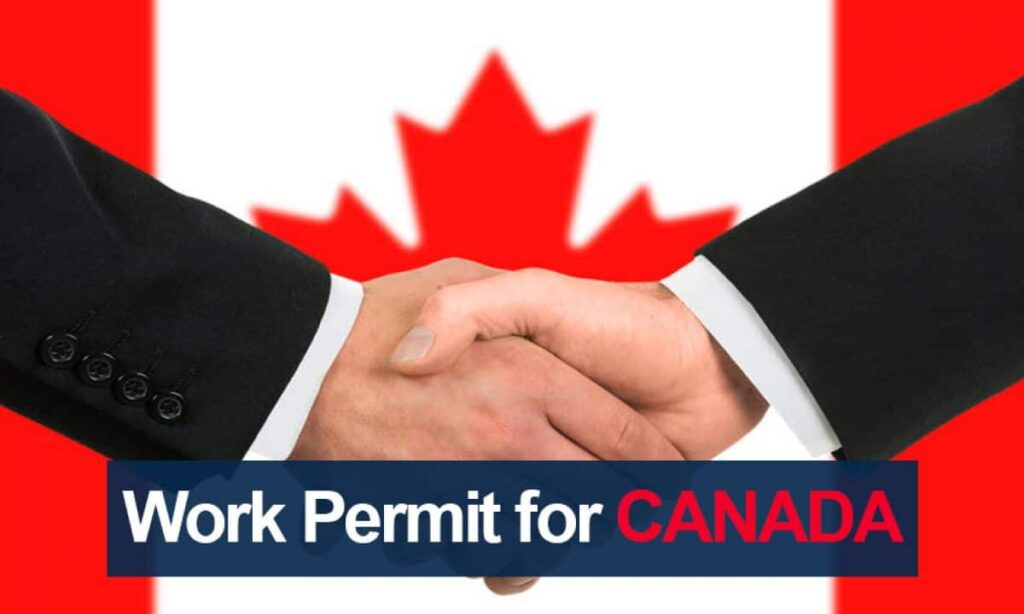
It’s important to note that immigration policies can change, so it’s crucial to check the official website of IRCC for the most up-to-date information and requirements. If you have specific questions about your situation, consulting with an immigration professional or legal advisor is recommended.
100 Matheson Blvd. E. Suite 104, Mississauga, ON L4Z 2G7
info@zmlaw.ca
905-507-1000
Our experienced team offer a broad range of services from temporary to permanent residence, and would love to help you with great satisfaction from providing expert assistance to individuals, families and corporations.. Drop us a line to start the conversation..
© ZM Law Professional Corporation. All Rights Reserved.
Powered by design4u.ca